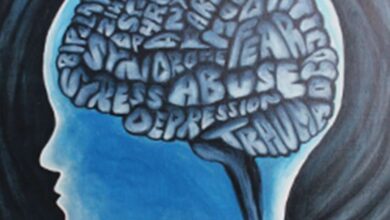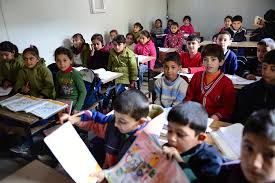The Impact of Education on economic development

Education is one of the most essential factors that contribute to the economic development of a country. It plays a crucial role in developing the human capital of a nation, which is the most important resource for any country. Education enables individuals to gain knowledge and skills that can be utilized to enhance productivity, innovation, and economic growth. In this article, we will explore the impact of education on economic development and how education policies can be formulated to boost economic growth.
Introduction
Education is one of the key components of human capital. It refers to the acquisition of knowledge, skills, and competencies that are necessary for personal and professional development. Education can be formal, informal, or non-formal. Formal education refers to the education provided by schools, colleges, and universities. Informal education refers to learning that takes place outside of the formal education system, such as through family, friends, and work experience. Non-formal education refers to education that is structured but not accredited.
Importance of Education in Economic Development
Education is critical for economic development because it improves the skills and knowledge of individuals, which leads to increased productivity, innovation, and economic growth. Education enables individuals to develop critical thinking, problem-solving, and decision-making skills that are necessary for the workplace. Education also increases social and cultural awareness, which fosters a better understanding of different cultures and promotes tolerance.
The Relationship between Education and Economic Development
There is a positive correlation between education and economic development. As education levels increase, so does economic growth. Education enables individuals to acquire the skills and knowledge needed for higher-paying jobs, which in turn leads to increased consumption and economic growth. Education also promotes innovation, which leads to the development of new products, services, and industries.
Education Policies for Economic Development
Education policies play a crucial role in economic development. Governments can formulate policies to promote access to education, improve the quality of education, and encourage research and innovation. Policies that promote access to education include free education, scholarships, and grants. Policies that improve the quality of education include teacher training, curriculum development, and the use of technology in education. Policies that encourage research and innovation include funding for research and development and incentives for innovation.
The Impact of Education on Employment
Education also has a significant impact on employment. Individuals with higher levels of education are more likely to be employed and have higher-paying jobs. Education enables individuals to acquire the skills and knowledge needed for higher-paying jobs, which leads to increased consumption and economic growth. Education also leads to a reduction in unemployment and poverty.
The Impact of Education on Entrepreneurship
Education also promotes entrepreneurship. Individuals with higher levels of education are more likely to start their own businesses and be successful entrepreneurs. Education enables individuals to acquire the skills and knowledge needed for entrepreneurship, such as marketing, finance, and management. Education also promotes innovation, which leads to the development of new products, services, and industries.
The Impact of Education on International Trade
Education also has a significant impact on international trade. Education enables individuals to acquire the skills and knowledge needed to engage in international trade. Education also leads to a reduction in trade barriers and promotes the development of international trade agreements.
Challenges in Education for Economic Development
Despite the importance of education in economic development, there are several challenges that need to be addressed. These challenges include access to education, the quality of education, the cost of education, and the relevance of education to the workplace. Addressing these challenges requires a comprehensive approach that includes policies to promote access to education, improve the quality of education, and make education more affordable.



